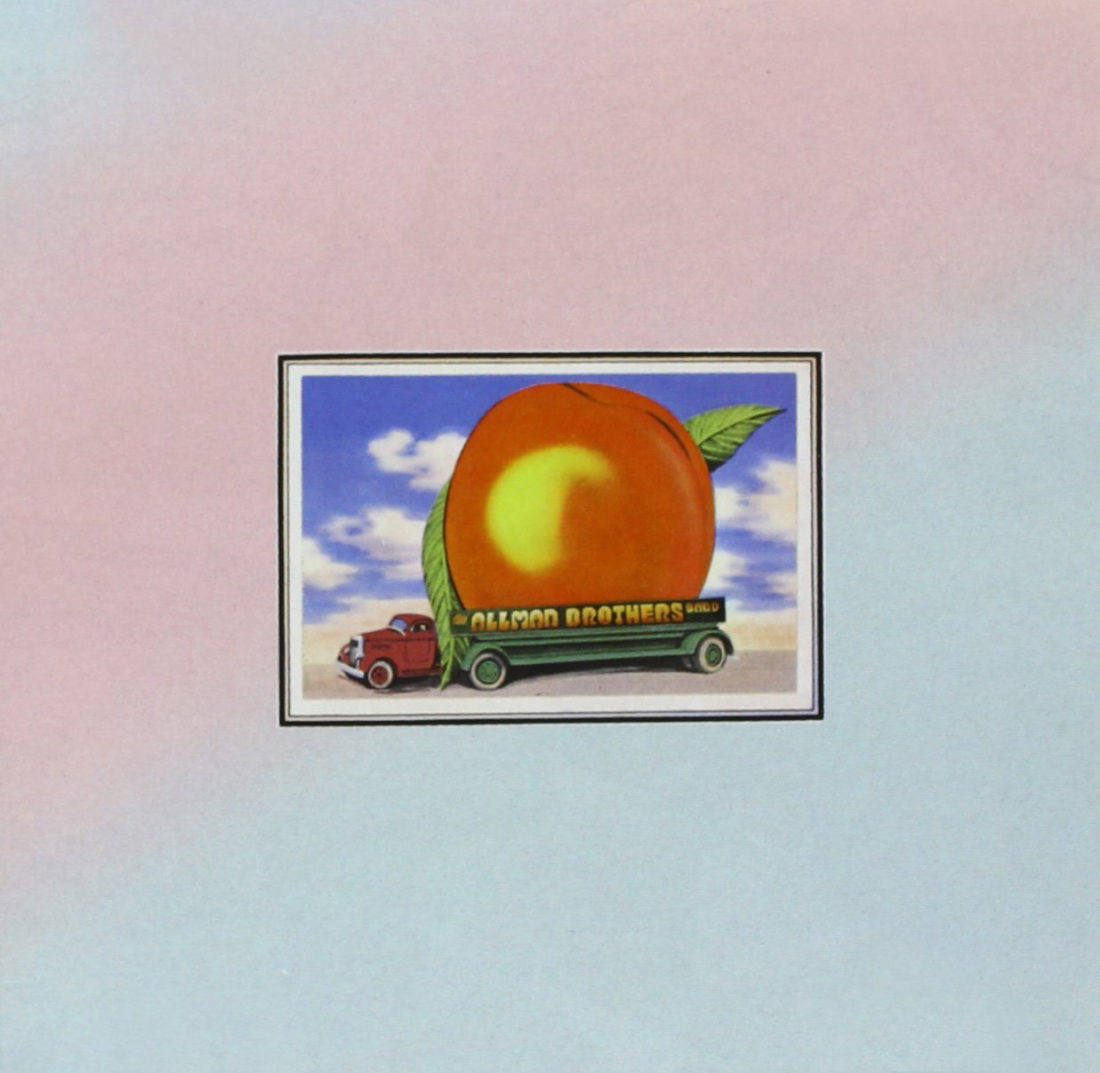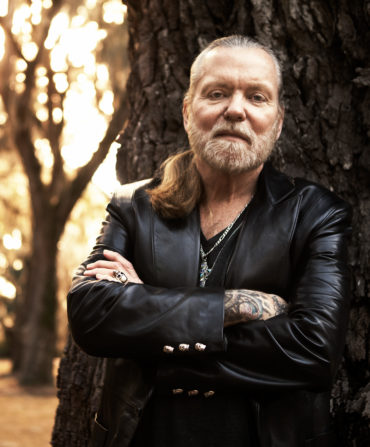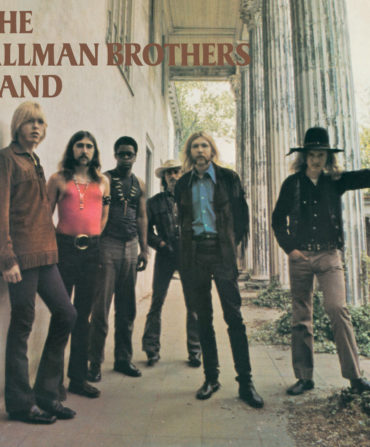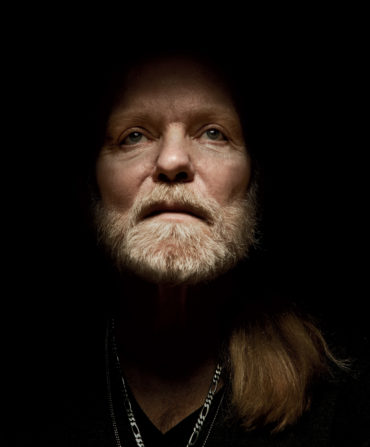It’s been 45 years this week since The Allman Brothers Band released Eat a Peach, the stunner that brought listeners some of the band’s most popular material. Released on February 12, 1972 and certified gold two months later, Eat a Peach paid tribute in many ways to guitarist Duane Allman, who passed away in a motorcycle accident the previous October.
Thanks to live recordings and studio sessions before his death, Duane appears on six out of nine Eat a Peach tracks—perhaps most notably, “Little Martha,” which he wrote himself. His passing also inspired parts that were recorded later, including the lyrics to “Ain’t Wastin’ Time No More” and the decision to include “Melissa,” a favorite of Duane’s.
Duane’s influence is present in one of Eat a Peach’s final touches, too: its title. According to a 2016 interview with drummer Butch Trucks, the album first tentatively held the title, The Kind We Grow in Dixie. When Trucks saw the cover mock-up, he hated the title, but liked the art—it reminded him of something Duane said in an interview with Good Times Magazine shortly before his death in 1971. In it, the writer, Ellen Mandel, asks Duane—who, at 24, had already garnered recognition as a prolific guitar player—how he was helping the late Vietnam-era “revolution.”
“Every time I’m in Georgia, I eat a peach for peace,” he said—a phrase which, years later, Trucks realized had likely been plucked from T.S. Eliot’s The Love Song of J. Alfred Prufrock. The group trimmed Duane’s quote to Eat a Peach, and an iconic Southern album found its name.
That Good Times story only hit the presses regionally in New York, but Guitar World reprinted the interview in November 1991 and scans of the story in full have been uploaded to fan sites. We’re celebrating the 45th anniversary of Eat a Peach by sharing a few particularly resonant pieces of Duane’s interview below, ranging from lessons learned on the road to creating music that stands on its own.
CLICK HERE TO PLAY EAT A PEACH ON SPOTIFY
On what he learned by traveling the country:
“That everything’s the same everywhere—that there are nice folks and a**holes, and you have to learn to distinguish between the two in order to get by. And someone who’s an a**hole to somebody may be a nice folk to somebody else, so you’ve got to learn to be nice to everybody, and show everybody respect.”
On freedom and positivity:
“Don’t be afraid to share what’s inside of you with other people. That’s the only way you’re ever going to get free, or have any fun at all. So just rock on, and have a good time.”
On live performances:
“We ain’t trying to impress nobody with our fancy clothes. We just go out and play our music, [which is] all anybody ought to do, I think. The rock scene is a very charming thing—it’s easy to get caught up in it. But it don’t make any difference. It’s just like raccoon coats and the Charleston. It’s just a trip. But it’s important that people distinguish between the trips and the music. You can appreciate a good theatrical presentation, but you’ve got to reserve something for the music too—you’ve got to hear it.”
On the most exciting musician he’d ever performed with:
“I’d rather jam with my own band than with anybody alive.”
On building a band:
“Everybody’s got to work together, or it ain’t worth a damn… either you play together, or you play like hell.”








